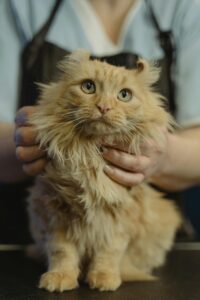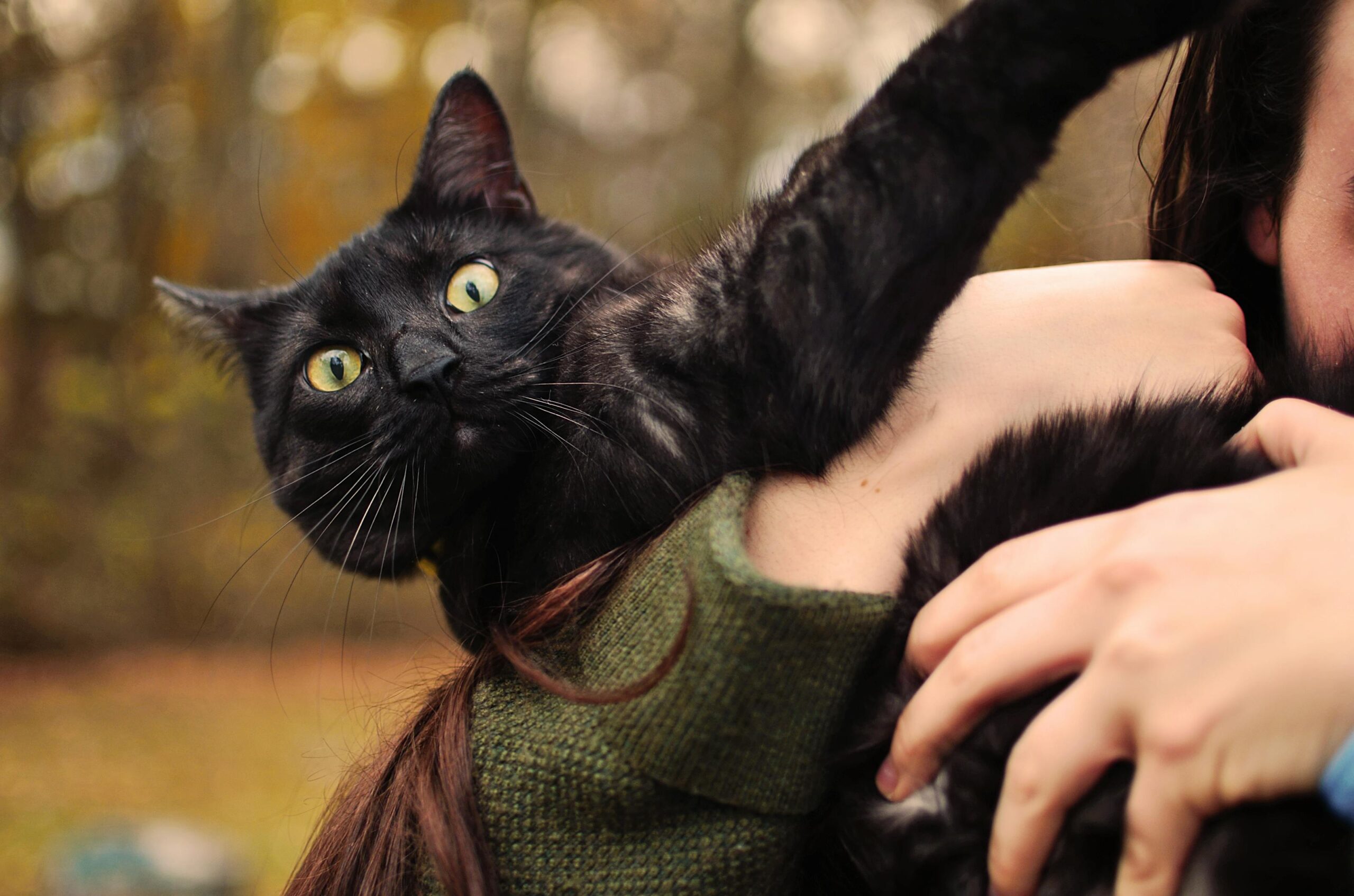
Adopting a new feline home either as a kitten or an adult cat is such a thrilling experience, especially for a first-time pet owner.
Cats have been a dependable friend and companion to human folks for so many years.
Their presence in our lives has allowed us not just to learn about them but other species of their kind that are in the wild.
However, not everyone knows how best to treat these little tender creatures, especially first-time pet owners.
Their solitary nature has been mistaken for complete independence even as a domesticated pet.
While some others especially first-time cat owners, have thought they are low-maintenance pets cause they are capable of grooming themselves.
This has led to Common mistakes concerning their health, food, and dental care, to spaying or neutering, to behavior, from their owners.
Before introducing a new feline home either from a shelter home through adoptions, a lost cat, or a gift from a breeder, here are 8 common cat owner mistakes to avoid as a new cat owner.
1. Feeding Habits:
Many first-time cat owners do not know the best diet, ration, and appropriate feeding schedule needed for a cat’s general well-being.
The type of food and ration needed by an individual cat depends on factors such as the cat’s age, size, personal preference, and health status.
Your new cat should be given high-quality kibble ( Dry food ) with enough water and canned food ( wet food ).
If you are to prepare any homemade food for your cat, make sure you consult with a veterinarian to certify if it meets the nutritional needs of the cat.
Any homemade food introduced should be rich in proteins and fatty acids. it should contain less carbohydrates and more vitamins and oil needed for optimal well-being.
When giving treats, try as much as possible to resist the urge to give your cats cheese just because they can eat them.
Always make sure their treats are healthy or avoid giving them food treats.
After feeding them healthy foods, provide them with clean fresh water to aid digestion.
Feeding ration and schedule should be of top priority and strictly followed.
2. Over Feeding:
It is sometimes human nature to show much care that can be detrimental to a pet’s general well-being.
If the feeding ration and schedule are not properly planned and followed, the individual cat can become obese.
Obesity in cats can lead to serious health issues such as diabetes, urinary tract issues, skin issues, respiratory issues, arthritis, etc which can cause a poor life.
An obese cat will struggle with mobility, struggle to regulate body temperature, struggle to self-groom, and also struggle to breathe properly.
This can be avoided when a is fed based on their age, social activities, size, health, and weight.
Adult cats should be given meals twice daily while kittens, aged, and sick cats can be fed four times a day with a balanced diet.
Do not overfill a cat’s food bowl for any reason. Cats unlike humans will consume every food no matter how much it is.
3. Poor And Irregular Cleaning Habits:
Cats are clean animals by nature, they are capable of grooming themselves which is a testament to their cleanliness.
They also make use of a dedicated material known as litter to eliminate body waste, unlike other animals that urinate and defecate discriminately.
They do not like to live in untidy, dirt or smelling environments.
As a cat owner, especially a first-time cat owner, you should make sure the space provided for the cat is always clean.
Their litter should always be cleaned and completely free from any visible dirt or smell.
A cat will avoid the use of litter if it is not clean causing the cat to eliminate body waste elsewhere which is not a good practice.
A cat should also have two litter, one for urinating and the other for defecating.
4. Neglecting Healthcare:

Some humans will visit the health clinic only when they are ill and in some cases only when they are seriously ill.
Extending this behavior to a feline is wrong and can be detrimental to their general well-being.
A cat cannot notify you when they are sick and you should not wait till they are sick before registering them with a veterinarian.
If you are a first-time cat owner, make sure you register your new pet with a veterinarian immediately after introducing them home.
Always ensure you take your pet for regular check-ups and vaccinations just as you might likely do for a newborn baby.
Ensure to observe their habits and watch out for any unusual patterns such as discomfort, pain, body swells, etc, and consult the vet.
Having a pet is a responsibility and you must be ready to incur costs whenever they are sick or injured.
5. Lack Of Mental And Physical Activities:
Cats do require stimulation to keep their mind and body fit and stress-free.
Activities that stimulate the mind and body are needed to keep a cat happy, healthy, free from obesity, and good for their general well-being.
The use of ribbons, toys such as a ball, puzzles, scratching posts, and socializing with other cats should be encouraged.
Despite the fact cats are solitary animals, they shouldn’t be kept in isolation to avoid unnecessary aggression and confrontations when socializing.
Always pay attention to their toy preference, their favorite activities, and feline friends.
6. Not Using A Collar:
Some pet owners do not wear their cat’s collars because of the inconveniences it might cause to a cat.
However, it is very unnecessary to always wear your cat a collar because it also serves as a means of identification if they ever get lost.
Sometimes we might think we are very careful and our pet cannot be missing. These are the same thoughts other pet owners that their pets are missing had.
It is better to be safer and more preventive
7. Not Using A Microchip:
The pains, torture, and regrets of losing a pet are indescribable. It should be prevented as much as it can and using a microchip is not a luxury or unnecessary technological advancement.
Microchips are implanted under the skin of pets, they contain a unique identification number that carries the contact information of a pet owner, the manufacturer, or a program involving the pet.
If your pet ever gets missing it will be very easy for someone to scan the microchip in the body of the pet with a veterinarian for your contact information.
8. Avoid Spaying Or Neutering A Cat:
Cats are very fertile animals that do not have a defined ovulation phase.
If they are not neutered or spayed they are capable of having over 3 to 5 litters in a year which can lead to an increase in pet population and unwanted litters.
Unwanted litter can either cost unnecessary and unplanned costs to the owner or end up in shelter homes.
Also, unspayed and unneutered cats are susceptible to life-threatening diseases so it is best advised to spay or neuter a cat.
While some people may argue that it is cruel to spay a pet Will it be Cruel to Neuter a Pet, the benefits to the cat, their offspring, the owner, and society at large should be considered.
If you follow these guidelines, you will know how to avoid 8 common mistakes by cat owners.

